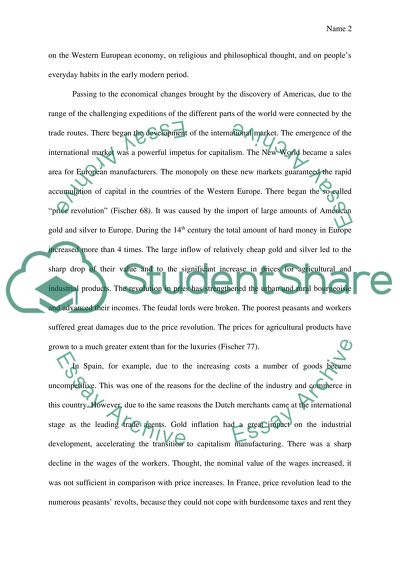Cite this document
(“How did the discovery of the Americas impacted European life Essay”, n.d.)
How did the discovery of the Americas impacted European life Essay. Retrieved from https://studentshare.org/history/1463296-how-did-the-discovery-of-the-americas-impacted
How did the discovery of the Americas impacted European life Essay. Retrieved from https://studentshare.org/history/1463296-how-did-the-discovery-of-the-americas-impacted
(How Did the Discovery of the Americas Impacted European Life Essay)
How Did the Discovery of the Americas Impacted European Life Essay. https://studentshare.org/history/1463296-how-did-the-discovery-of-the-americas-impacted.
How Did the Discovery of the Americas Impacted European Life Essay. https://studentshare.org/history/1463296-how-did-the-discovery-of-the-americas-impacted.
“How Did the Discovery of the Americas Impacted European Life Essay”, n.d. https://studentshare.org/history/1463296-how-did-the-discovery-of-the-americas-impacted.


